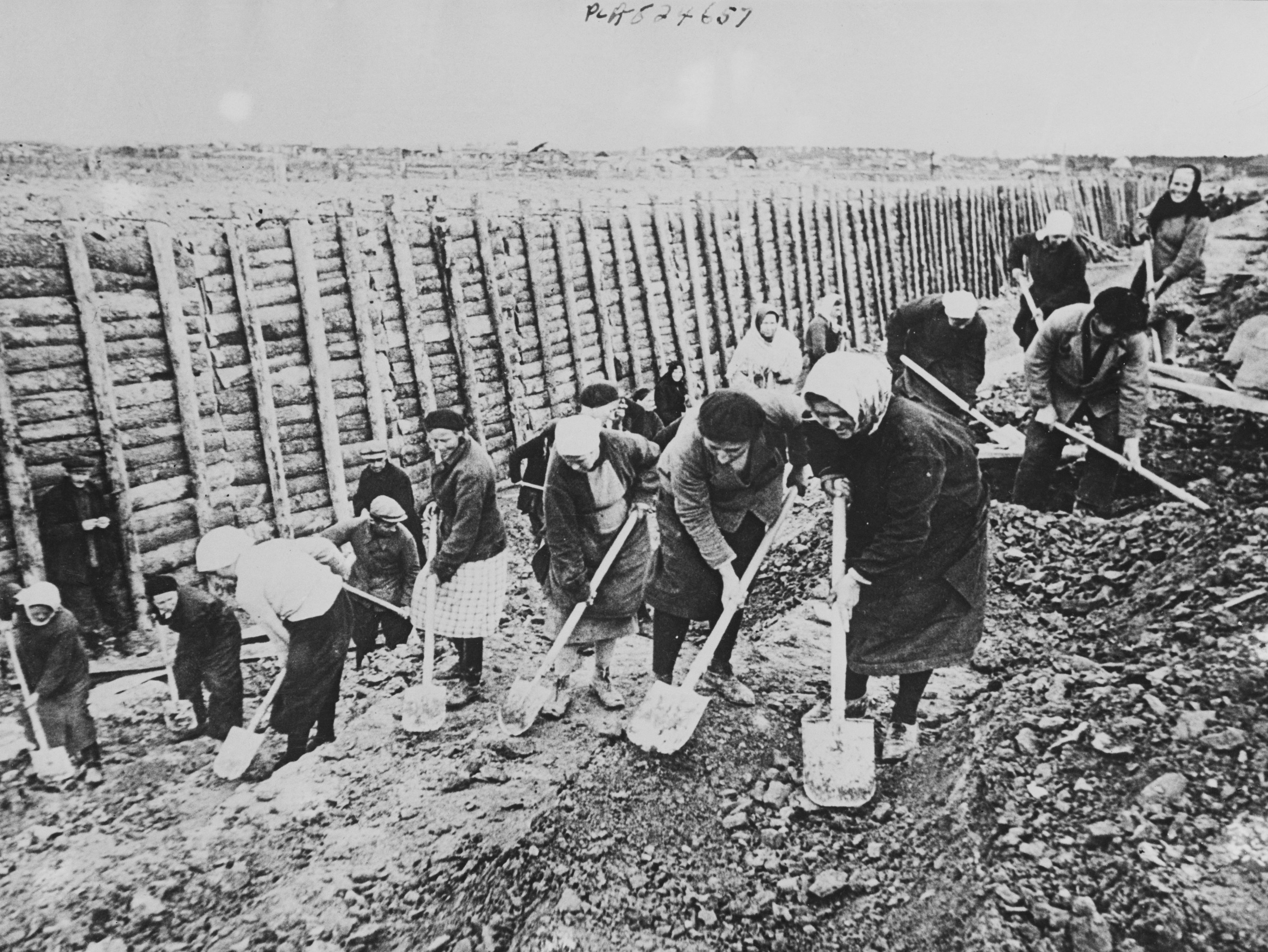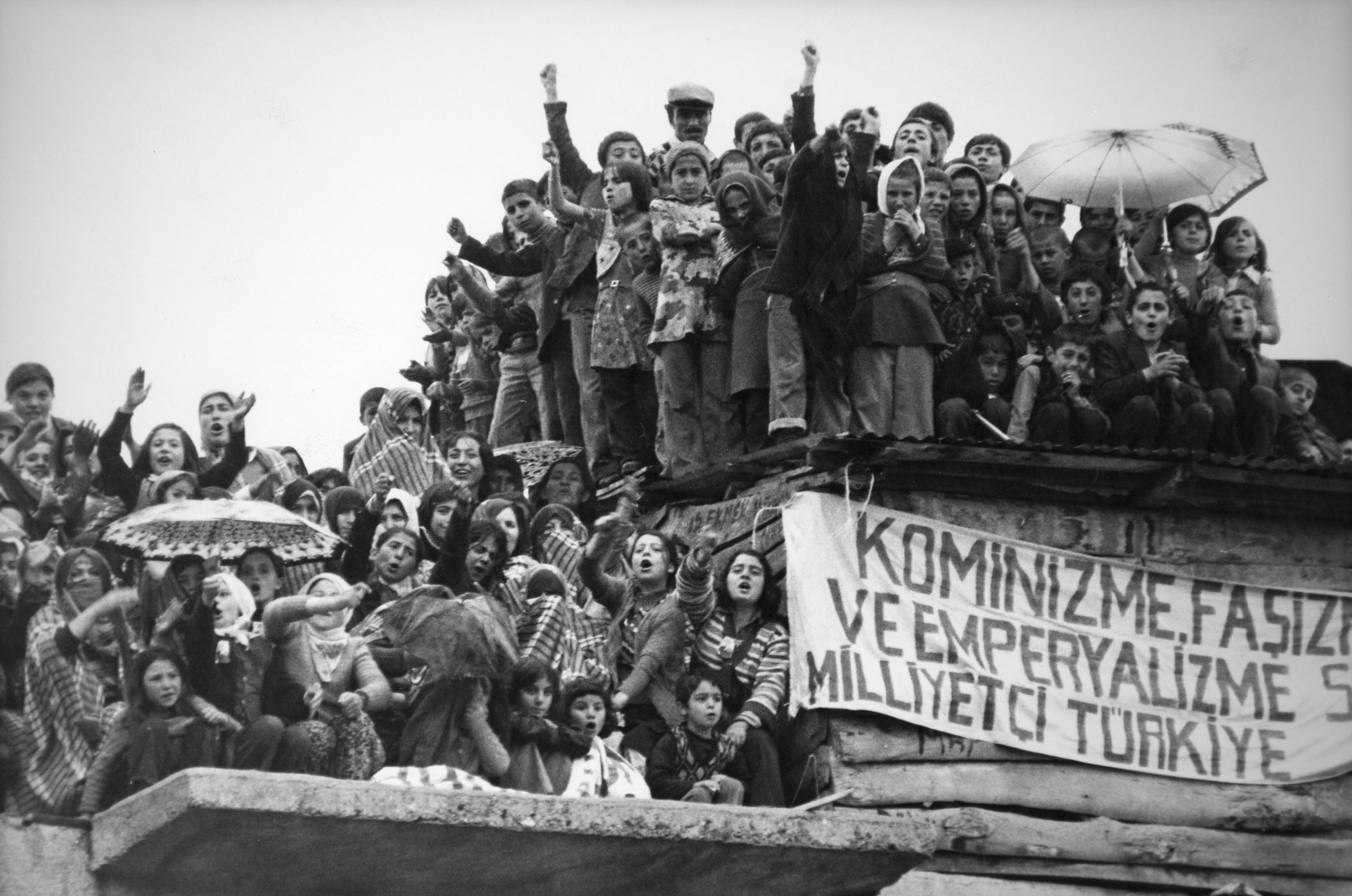© Turkuvaz Haberleşme ve Yayıncılık 2024
"It was around 10 a.m. I was on the verge of boredom from my reading, so I decided to go skateboarding. It wasn't Goethe's fault but my own. You know me, I haw and gee. Honestly, I liked the book. I think I really do like Goethe. Faust was great. And this Werther is an interesting character. Just look at how he starts the book: 'And you, good soul, who are feeling the same anguish as he, draw consolation from his sufferings, and let this little book be your friend, if fate or your own fault prevent you from finding a closer one.' Amazing, huh?
"Anyways, the rain had just stopped; I put the book on the table, took a sip of water, got dressed, turned off the lights, closed the door and left. Outside, the weather was nice and cold. That annoying dog was at the entrance again. I don’t understand what it finds there. I petted its head a little and went on my way. I got on the bus. The driver was exhaling frustration. There was a grumpy old woman complaining, a little baby crying, a middle-aged man dozing in the back left corner, and there was no oxygen inside. You must still remember the bus habitat in Istanbul. Good thing I had my headphones. I’m listening to Pearl Jam these days, and “Even Flow” is my favorite. Remember our Grunge conversation? – still makes me laugh.
"When I stepped off the bus, the air was becoming less humid. It wasn’t crowded. The scent of roses hovered in the air. The sun was shining. There were people running and cycling. Simit sellers, municipal workers, gypsies, seagulls. Everything was where it was supposed to be. A classic picture. And I was ready to skateboard, uncertain when I would get bored and stop. Haw and gee, you know, haw and gee...
Then, suddenly my phone rang. It was..."
I recently found these old notes from a letter I had meant to send to my high school friend who had moved abroad. Unfortunately, back then, sending it was delayed because of some postal issues. When she left the country, we decided to send letters to each other about daily stuff, like where we lived, politics, music – anything. The idea was to write diaries and swap them. We continued for a long time. I wouldn't think these notes would be an op-ed subject on a rainy day in December 2023, when I’ve turned 30 and still live in Istanbul but no longer skateboard.
According to a study by Berkeley University, diary writing is a simple yet powerful practice that offers a multitude of benefits for personal growth and well-being. Self-awareness, stress reduction, problem-solving, goal setting, gratitude and creative expression are just some of them. In "Dracula," Bram Stoker's character Mina Murray says, “Journaling is like whispering to one's self and listening at the same time.”
Diaries throughout history, however, have not only whispered selfness; some of them were mere narcissistic chronicles, while others disclosed grim details, sad-but-true facts.
In Nazi-occupied Amsterdam during World War II, a girl named Anne Frank found comfort and a means of expression in her diary. Starting on her 13th birthday, she poured out all her thoughts and feelings, creating a safe space where she could escape from fear and doubt. Her memories have since become a timeless symbol of human resilience. Today, it would be hard for some to understand how the people in Gaza are being oppressed by Israel without this journal.
Russians have their own Anne Frank too. Lena Mukhina was a woman who wrote about her experiences as a teenage schoolgirl during the Siege of Leningrad. In 1941, when she was 16 years old, the German army invaded the Soviet Union; Mukhina and her family were trapped in Leningrad, which was cut off from the outside world.

Mukhina began writing on the food shortages, the cold, the fear of death, dreams and more. The diary was published in 1991, after her death. It provided a glimpse into the emotions and experiences of ordinary people swept up in one of the 20th century's most horrific events. “People are not born brave, strong and smart. These qualities must be acquired through perseverance and with determination, like the ability to read and write,” Mukhina wrote.
Diaries in hard times are really heartfelt and influential. Fyodor Dostoevsky kept a journal, “A Writer's Diary,” a monthly publication that he ran from 1873 to 1881. It was a mix of personal reflections, social commentary and philosophical musings. The Russian novelist was saying many things on many topics, from then Russia to the human condition, from faith to the future of his people. He penned quite strong phrases there. “Man is above all a problem for man.” Memorable.
The book "Jurnal," a collection of personal journal entries, was written by Turkish thinker Cemil Meriç during another hard time when Turkish society was undergoing a painful social transformation process that left intellectuals with dazed and confused minds. The two-volume book, containing notes from 1955 to 1983, revealed the existential crisis within the Republic of Türkiye through Meriç's words. Those were tough years.

Turkish social and political life went bankrupt. "A tree thrives by its roots. The past constitutes our trunk. We are disconnected from the past and disconnected from the future. We do not belong to either Europe or Asia," Meriç said to explain the Turkish limbo.
Virginia Woolf's notes, spanning over 30 years of her life, are another remarkable example of diaries during hard times. Woolf’s live was uneasy and the diary uncovered her struggles with mental illness, relationships with family and friends, and development as a writer.
Their effectiveness indeed extends beyond diaries written solely during difficult times; it is also essential to talk about the diaries of creative moments. Or, sometimes a simple note from an individual is even worth talking about.
Andy Warhol’s time capsules, Mark Twain’s sharp wit, Evliya Çelebi’s voyage notes, Leonardo da Vinci’s sketches all share a common thread – they are expressions that convey a tangible reality. Whether born from hardship or joy, viewed as an artistic expression, a historical document or a personal reflection, they embody a fundamental aspect of our humble and mortal existence: the ability to capture and preserve fleeting moments in time. Those moments we never forget.
With social and psychological anxieties at their peak and individualism causing chaos in our emotional and mental worlds, a diary may provide enlightenment. Perhaps, everyone needs a reliable friend like a diary. Who knows? Maybe what inspired Dostoyevsky or Meriç to maintain a journal could also inspire you; maybe you could discover in it what they did.
